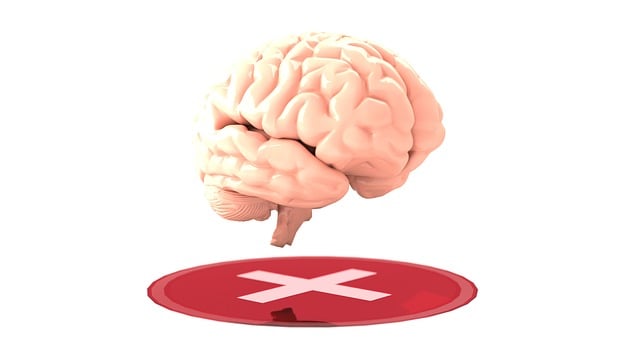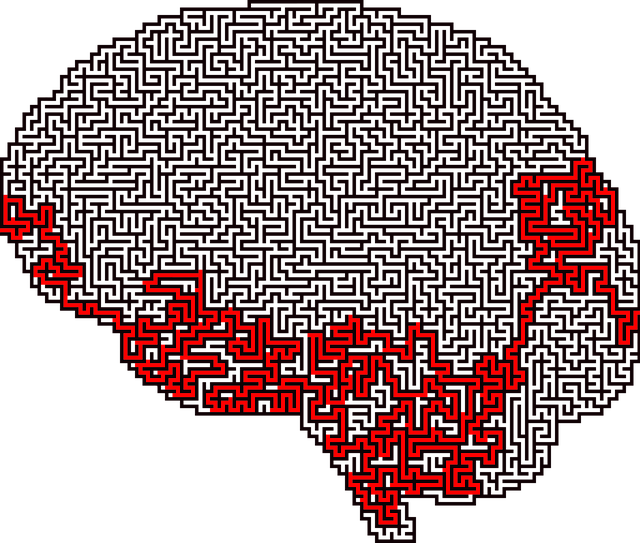Longmont Psychosis Therapy offers a holistic approach to mental wellness coaching, empowering individuals to take charge of their emotional well-being. By combining personalized strategies, evidence-based practices like CBT, mindfulness techniques and group support, this innovative program addresses the interconnectedness of mental, emotional, and physical health. Through regular assessments, tailored goals, and continuous monitoring, Longmont's coaching programs foster resilience, emotional regulation, and tangible improvements in clients' quality of life, revolutionizing mental health care.
In today’s fast-paced world, mental wellness coaching has emerged as a vital tool for navigating life’s challenges. This comprehensive guide explores the development of effective mental wellness coaching programs, highlighting key strategies and components for optimal success. We delve into the transformative power of Longmont psychosis therapy, showcasing how innovative approaches can unlock new paths to recovery. By understanding the fundamentals and measuring client outcomes, coaches can foster profound positive changes in mental health and overall well-being.
- Understanding Mental Wellness Coaching: A Comprehensive Overview
- Longmont Psychosis Therapy: Unlocking New Paths to Recovery
- Designing Effective Coaching Programs: Key Components and Strategies
- Measuring Success and Client Outcomes in Mental Wellness Coaching
Understanding Mental Wellness Coaching: A Comprehensive Overview

Mental wellness coaching is a holistic approach to supporting individuals in achieving and maintaining optimal mental health. Unlike traditional therapy, which often focuses on treating specific disorders, wellness coaching empowers people to take an active role in their own well-being. Coaches work collaboratively with clients to identify areas of improvement, set realistic goals, and develop strategies for enhancing emotional regulation, stress management, and overall resilience.
In the context of Longmont psychosis therapy, coaches play a vital role in guiding individuals navigating mental health challenges. They help clients build coping mechanisms, foster self-care routines, and cultivate a supportive network. By integrating evidence-based practices and personalized strategies, wellness coaching promotes sustainable change, enabling folks to thrive and lead fulfilling lives. This approach considers the whole person – mind, body, and spirit – emphasizing the interconnectedness of mental, emotional, and physical health.
Longmont Psychosis Therapy: Unlocking New Paths to Recovery

In recent years, Longmont Psychosis Therapy has emerged as a beacon of hope for individuals navigating mental health challenges. This innovative approach goes beyond traditional therapy models by incorporating tailored coaching programs that address the unique needs of each client. The focus is on empowering people to take control of their mental wellness, fostering resilience, and unlocking new paths to recovery. Through a combination of one-on-one sessions, group support, and community outreach, Longmont Psychosis Therapy creates a holistic environment conducive to lasting transformation.
The program’s success lies in its comprehensive strategy that integrates Mental Health Policy Analysis and Advocacy into the fabric of treatment. By understanding the broader systemic issues affecting mental health, the therapy aligns coaching methods with current trends in burnout prevention. This multifaceted approach not only treats symptoms but also tackles societal barriers, ensuring clients receive the holistic care they deserve. As a result, Longmont Psychosis Therapy is revolutionizing the way we perceive and address mental wellness, offering a promising future for those seeking to reclaim their lives.
Designing Effective Coaching Programs: Key Components and Strategies

Designing effective coaching programs for mental wellness is an art and a science. At the core, successful coaching involves establishing clear goals tailored to each individual’s unique needs, whether focusing on managing stress, overcoming anxiety, or building resilience. A structured yet flexible curriculum that incorporates diverse strategies is key. This might include evidence-based techniques like Cognitive Behavioral Therapy (CBT) alongside creative approaches such as mindfulness practices and journaling exercises for mental wellness tracking.
Longmont psychosis therapy benefits greatly from this holistic approach. Coaches can guide clients through confidence-boosting activities, helping them face challenges head-on. Anxiety relief techniques, when integrated into the coaching program, offer valuable tools to regulate emotions and promote a sense of calm. Regular check-ins, progress assessments, and adjustments to strategies ensure that the coaching remains effective and aligned with the individual’s evolving needs.
Measuring Success and Client Outcomes in Mental Wellness Coaching

Measuring success in mental wellness coaching involves a multifaceted approach that goes beyond simply quantifying client satisfaction scores. It’s about tracking tangible improvements in clients’ lives, such as reduced symptoms of anxiety or depression, improved coping mechanisms, and enhanced overall well-being. This could be achieved through regular assessments, self-reported progress reports, and structured interviews that capture changes in mood, behavior, and thought patterns over time. For instance, using validated questionnaires like the PHQ-9 for depression screening can help gauge the effectiveness of coaching interventions aimed at depression prevention.
In a city like Longmont where access to psychosis therapy is readily available, evaluating client outcomes becomes even more critical. Coaches can partner with clients to set specific, measurable goals aligned with their unique needs and aspirations. This goal-oriented approach allows for continuous monitoring of progress, enabling coaches to adapt strategies as needed and foster the development of resilience building skills. Ultimately, successful mental wellness coaching programs are those that not only meet but exceed client expectations by delivering tangible results that significantly improve their quality of life.
Mental wellness coaching programs, enriched by innovative approaches like Longmont Psychosis Therapy, are transforming mental health support. By integrating key components such as tailored goals, evidence-based strategies, and measurable outcomes, these programs offer a promising path to improved client well-being. As we continue to navigate the evolving landscape of mental health care, adopting effective coaching models ensures that individuals receive the necessary tools and resources for lasting mental wellness.














